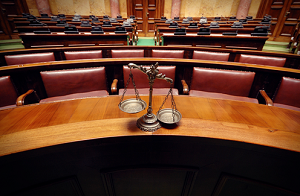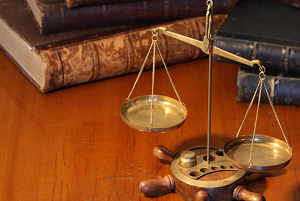EXPERT WITNESSES IN COMMON-LAW BAD-FAITH ACTIONS

The crux of the typical common-law bad-faith lawsuit turns on the reasonableness of the insurer’s decision to decline an opportunity to settle within policy limits. In some cases expert testimony regarding the insurance company’s actions could be helpful for the trier of fact in determining whether the insurer behaved as an “ordinarily prudent insurer” in determining whether to settle a lawsuit. Although questions as to the appropriateness of a particular expert would be a fact-intensive analysis tailored to a specific case, a few reported cases offer some guidance.
The Daubert Standard
Under the familiar Daubert standard, the Northern District of Georgia has ruled that an esteemed attorney with 30 years of experience litigating personal injury cases involving automobiles and who has authored an authoritative treatise on the subject was not qualified to provide expert testimony on whether an insurance company properly responded to a time-limited demand to settle within policy limits. The court reasoned that the attorney had never worked in the insurance industry as an adjuster of automobile liability claims. Thus, he was unqualified to testify as to the standard of care for a claims adjuster in receipt of a time-limited demand. A practicing attorney who is an adjunct professor of insurance law, who had counseled insurers on claims handling and underwriting in a manner “similar to those of a claims manager” and who had authored a treatise on insurance issues was qualified to testify in the Middle District of Georgia. The same expert could not, however, “merely describe what the law is or tell the jury what result to reach.” An adjuster who had handled thousands of time-limited demand letters in a 30-plus year career with State Farm was unqualified to testify as to industry standards. The court reasoned that the adjuster had worked solely for State Farm during those decades, so he had not shown that he had sufficiently broad knowledge of the industry so as to form opinions regarding industry-wide standards. The court noted that the proffered expert had also been out of the insurance industry for many years, and there was little evidence that the former adjuster had taken steps to keep his knowledge of industry practices current.
Dickerson v. Am. Nat’l Property and Ca. Co.
Expert testimony on the standard applicable to a “reasonably prudent insurer” is not necessary in all cases. Dickerson v. Am. Nat’l Property and Ca. Co. involved the failure of an adjuster to accept a time-limited demand for policy limits. Testimony from the adjuster revealed that the adjuster had no doubt as to the insured’s liability or that the claimant’s damages exceeded policy limits of $25,000. The court ruled that the lack of expert testimony was not fatal to the plaintiff’s bad-faith claim against the insurance company, because a reasonable fact finder could conclude, based on testimony from the insurance company’s own employees, that a reasonably prudent insurer would have accepted the time-limited demand.
 Georgia Injury Lawyers Blog
Georgia Injury Lawyers Blog

